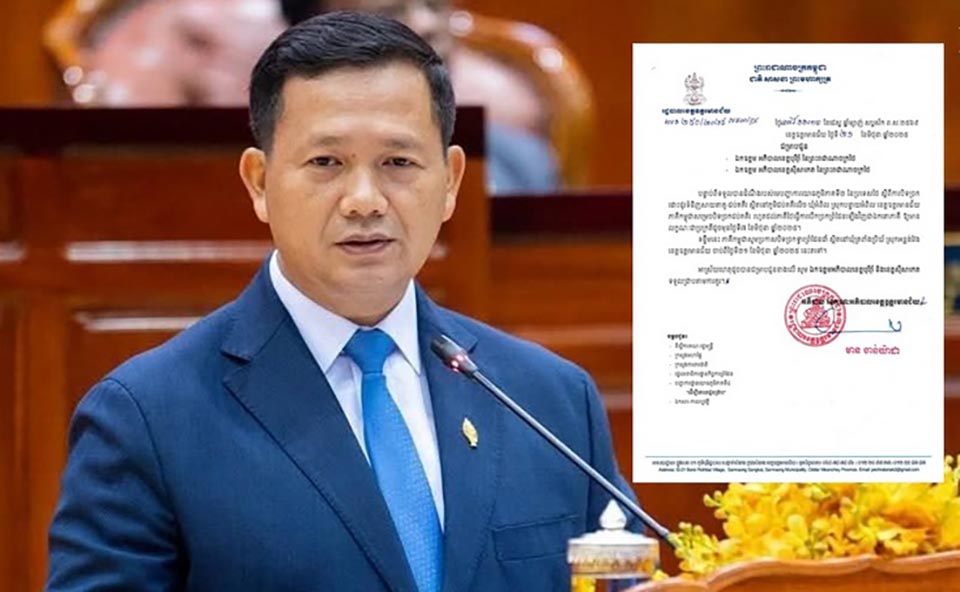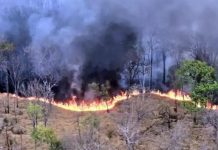
PHNOM PENH – Tensions between Thailand and Cambodia escalated sharply this week after Cambodian Prime Minister Hun Manet ordered the closure of two key border checkpoints in retaliation for Thailand’s unilateral move to shut down its side of the crossings. The closures threaten to disrupt cross-border trade and local travel, especially in the northeast provinces of both nations.
In a strongly worded Facebook post on Saturday, Hun Manet confirmed that the Jub Koky checkpoint, opposite Chong Sai Taku in Buriram province, and the Jom checkpoint, opposite Chong Sa Ngam in Sisaket, would be closed effective immediately. The Cambodian closures came in direct response to the Thai Second Army Region’s decision a day earlier to suspend operations at those same checkpoints, without what Cambodia considers proper coordination or consideration for local communities.
“If Thailand wants everything to return to normal, they simply need to reopen all checkpoints as they were before June 7, 2025,” Hun Manet said. “Cambodia is ready to follow immediately—within five hours. It’s a very easy solution.”
Cambodian PM Criticizes Thai Government’s Mixed Messaging
The Cambodian leader went further, criticizing what he described as a lack of unity between Thailand’s civilian government and the military, saying it’s unclear whether Prime Minister Srettha Thavisin or the Thai Army is truly in charge of cross-border policy.
“One side calls for bilateral talks, while the other continues to close border crossings unilaterally,” he wrote. “I don’t know what kind of strategy this is. It seems there’s no clear internal agreement in Thailand.”
Hun Manet accused the Thai Army of initiating the dispute, citing June 7 as the date the Thai side began adjusting crossing times and closing gates without informing or negotiating with Cambodian authorities.
Fallout for Border Communities
The dispute is already having real consequences for people on both sides of the border, particularly in Udor Meanchey and Anlong Veng districts on the Cambodian side, and in Buriram and Sisaket provinces in Thailand.
Many local residents depend on the cross-border trade of agricultural goods, fuel, and consumer products — as well as daily commutes for work and family. Border closures risk not only economic disruption, but also increased tension in areas with historically close community ties.
“We’re United. Are You?”
In a pointed contrast, Hun Manet emphasized that Cambodia operates with top-down unity, saying that if the prime minister gives an order, “every level, from national to frontline military, must follow it strictly.”
His remarks appeared designed to highlight the disjointed approach of the Thai side, where regional military leaders appear to have acted independently of the civilian government.
Diplomatic Implications
This is the latest flashpoint in a complex and often delicate bilateral relationship, and one that may have implications beyond the border provinces — especially as both governments try to maintain strong economic growth and regional tourism in 2025.
For now, Cambodia is holding its ground: No more talks, no more waiting. The message is simple: reopen the gates — or prepare for continued closure.










